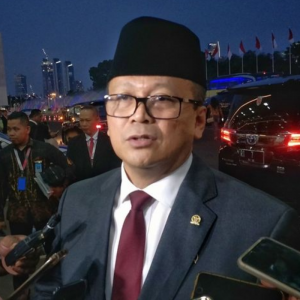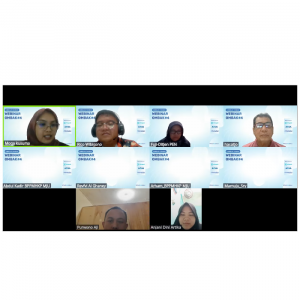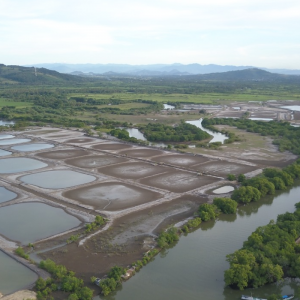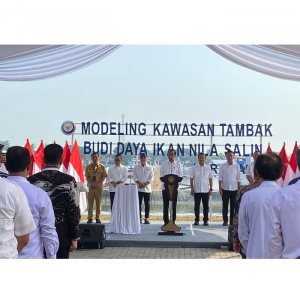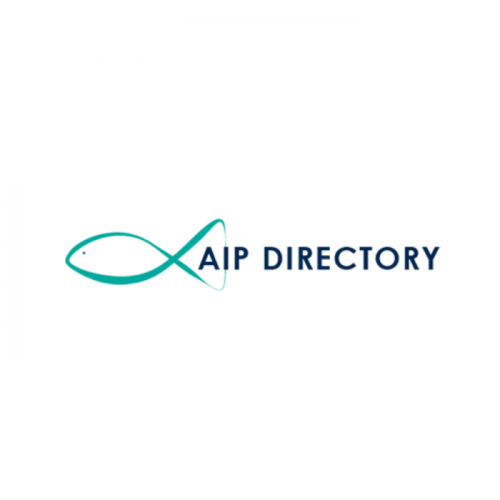
SFP Launches New Directory of Aquaculture Improvement Projects
| Thu, 19 Mar 2020 - 16:17
The Sustainable Fisheries Partnership (SFP) has launched the Aquaculture Improvement Project (AIP) Directory to support the seafood supply chain’s engagement with aquaculture improvement projects.
The new AIP Directory currently lists five active aquaculture improvement projects that cover three countries (China, Indonesia, and Thailand) and two species (shrimp and tilapia). Other active AIPs are invited to register on the website for free. The website also includes a range of resources and tools to support those looking to start new projects.
AIPs, which are developed on a similar model as fishery improvement projects (FIPs), are multi-stakeholder projects that leverage the power of the private sector to promote the uptake of sustainable practices and products. Such projects seek to make sustainable changes endure through policy change, and serve to improve performance at the farm and zonal scale. AIPs also align with FIP requirements for participating fisheries and companies, requiring that producers make publicly-available supply chain commitments, undergo needs assessments, create workplans with clear objectives, and provide progress reports on a regular basis.
“AIPs are an important tool to drive sustainability – whether participating farms have certified responsible management practices in place or not. It is important for ensuring impact and credibility that projects have a clear set of goals and a defined workplan, and that they are publicly reporting on progress,” Seafresh Group Director of Sustainability Dominique Gautier said. “The AIP Directory gives project managers a mechanism to tell the world about their progress, and buyers and funders greater insight into what improvement projects are underway and how they can get involved.”
AIPs can be important tools to improve assured supply and reduce risk in supply chains where there may be fewer mechanisms to implement and enforce lasting change, SFP said. As is the case with FIPs, the industry is able to take greater control over the sustainable management of supply and address issues of concern through these projects in aquaculture. The directory will allow seafood industry stakeholders presently involved or potentially interested in an AIP, or the AIP model, to learn where and how these improvements are taking place and progress on specific projects, SFP added.
“The AIP Directory really is a one-stop shop for all stakeholders in the supply chain,” SFP Aquaculture Director Anton Immink said. “As a buyer, you can find active projects; as an AIP implementer, you can showcase your project and report progress. If you can’t find a project that fits your needs, there are tools and resources on how to start a new AIP.”
Source: Seafood Source













